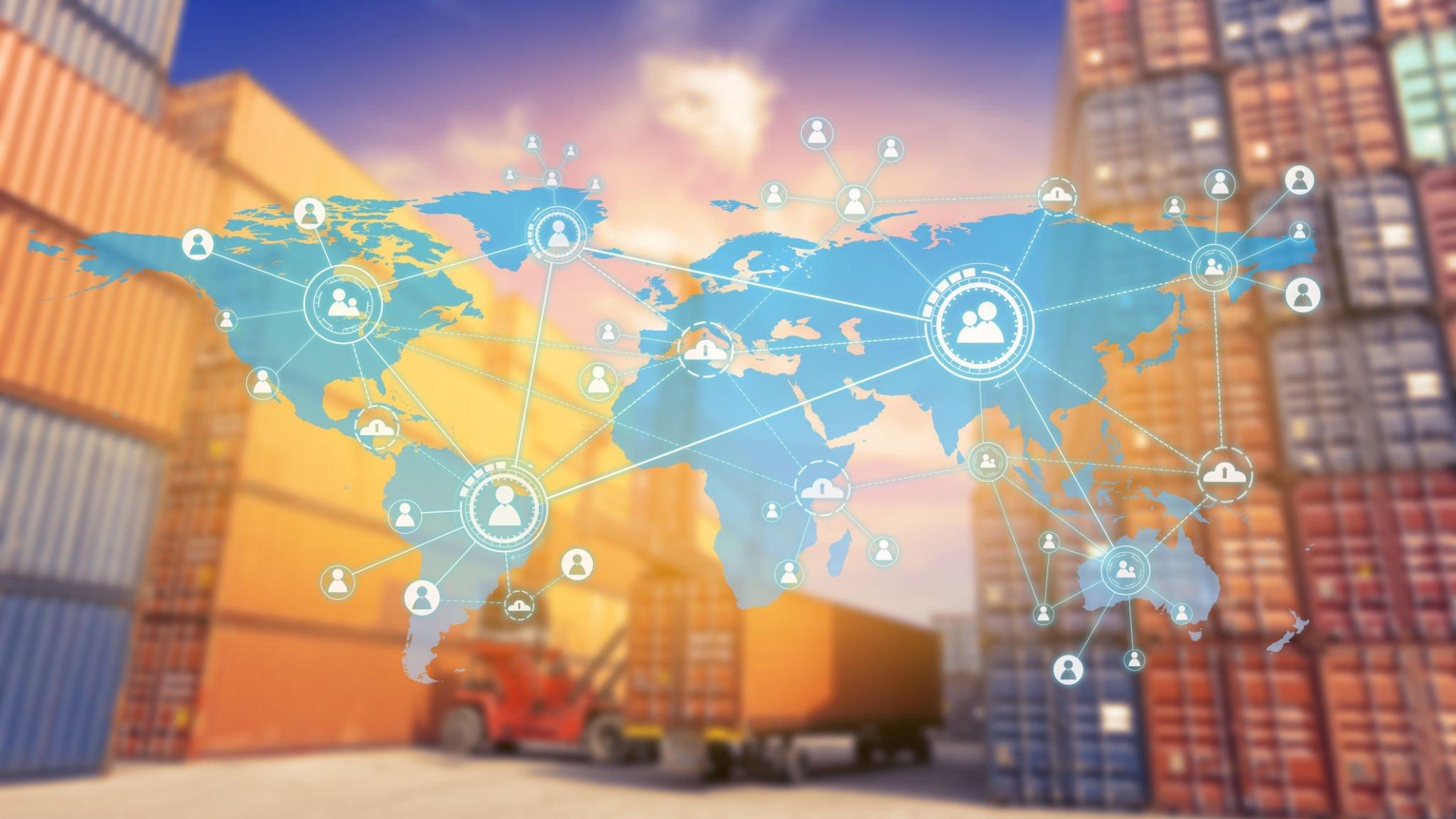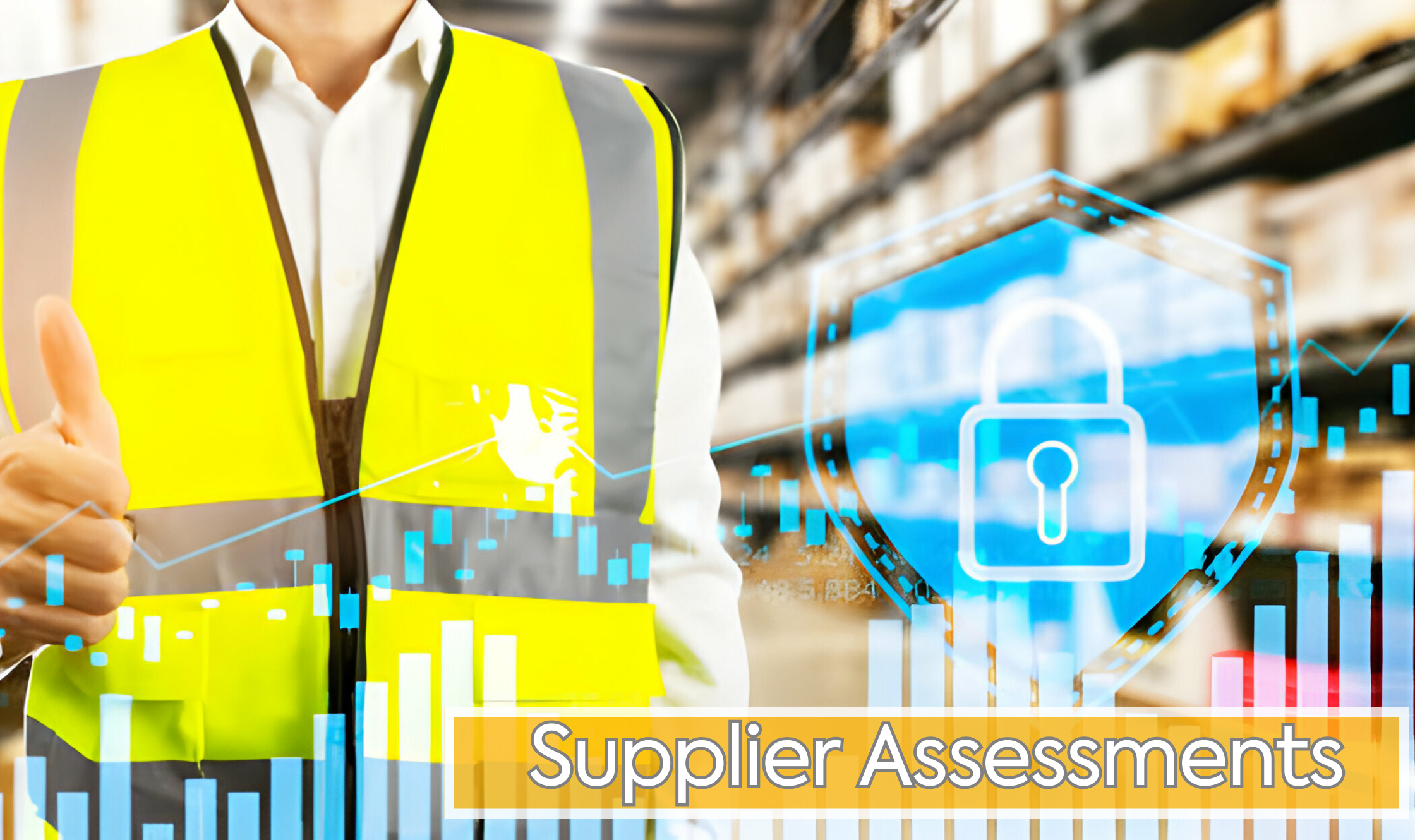In today’s highly competitive business landscape, supply chain visibility has emerged as a critical factor for success. It refers to the ability to track and monitor the movement of goods, information, and funds across the entire supply chain, from raw material suppliers to end customers. By having real-time insights into the supply chain, businesses can make informed decisions, identify bottlenecks, and optimize their operations. This article delves into the role of intelligent logistics in enhancing supply chain visibility and its profound impact on businesses.
What is Supply Chain Visibility?
Supply chain visibility entails having complete and accurate information about the status, location, and condition of goods throughout the supply chain. It involves the integration of various data sources, including supplier systems, transportation networks, and customer feedback. With supply chain visibility, companies gain transparency into the movement of goods, enabling them to address potential issues proactively.
The Importance of Supply Chain Visibility
Streamlined Operations
One of the key advantages of achieving supply chain visibility is streamlined operations. By having a comprehensive view of the supply chain, businesses can identify inefficiencies, reduce lead times, and optimize inventory levels. This allows them to streamline their processes, minimize costs, and improve overall operational efficiency.
Improved Customer Service
Supply chain visibility directly impacts customer service by enabling businesses to provide accurate and real-time information to their customers. Customers today expect visibility into the status of their orders, estimated delivery times, and potential delays. By meeting these expectations, companies can enhance customer satisfaction and loyalty.
Proactive Issue Management
With supply chain visibility, companies can proactively manage issues and mitigate risks. They can identify potential bottlenecks or disruptions in the supply chain and take corrective actions before they impact the overall operations. This proactive approach helps in preventing costly delays and disruptions, ensuring smooth supply chain operations.
Challenges in Achieving Supply Chain Visibility
Siloed Systems and Data
One of the major challenges in achieving supply chain visibility is the presence of siloed systems and data. Many organizations operate with disparate systems that do not communicate with each other effectively. This leads to fragmented data and inhibits real-time visibility across the supply chain.
Lack of Real-Time Insights
Another challenge is the lack of real-time insights into the supply chain. Traditional supply chain management systems often provide delayed information, making it difficult for businesses to respond quickly to changing circumstances. Real-time insights are crucial for proactive decision-making and timely issue resolution.
Complexity of Global Supply Chains
Global supply chains involve multiple stakeholders, geographically dispersed locations, and complex logistics networks. Managing such intricate supply chains without visibility becomes a daunting task. The lack of visibility hampers coordination, increases the risk of errors, and makes it challenging to ensure timely deliveries.
How Intelligent Logistics Enhance Supply Chain Visibility
Data Integration and Connectivity
Intelligent logistics leverage advanced technologies to integrate data from various sources and provide a holistic view of the supply chain. By connecting systems, sensors, and devices, intelligent logistics enable seamless data flow and eliminate silos. This integration facilitates end-to-end visibility and improves decision-making across the supply chain.
Predictive Analytics
Intelligent logistics solutions employ predictive analytics algorithms to forecast demand, optimize inventory levels, and anticipate potential disruptions. By analyzing historical data and real-time information, these solutions can provide accurate insights, enabling businesses to take proactive actions and mitigate risks effectively.
Real-Time Tracking and Monitoring
Intelligent logistics utilize IoT devices and sensors to track and monitor goods in real time. This enables businesses to have complete visibility into the movement, location, and condition of goods. Real-time tracking allows for quick response to deviations or delays, minimizing the impact on operations and customer satisfaction.
Intelligent Decision-Making
Intelligent logistics empower businesses with actionable insights and intelligent decision-making capabilities. By leveraging AI algorithms, these solutions can analyze vast amounts of data, identify patterns, and recommend optimal actions. This helps businesses make informed decisions, streamline operations, and drive efficiency.
You should also read: What is Reverse Logistics? Unveiling Its Industry Impact
Benefits of Intelligent Logistics in Supply Chain Visibility
Enhanced Operational Efficiency
Intelligent logistics contribute to enhanced operational efficiency by optimizing processes, reducing lead times, and minimizing costs. By streamlining operations and eliminating bottlenecks, businesses can achieve greater productivity and maximize resource utilization.
Inventory Optimization
Intelligent logistics solutions enable accurate demand forecasting, inventory optimization, and dynamic replenishment. By having visibility into demand patterns and inventory levels, businesses can avoid stockouts, reduce excess inventory, and optimize their supply chain performance.
Demand Forecasting and Planning
Accurate demand forecasting is crucial for businesses to meet customer demands effectively. Intelligent logistics leverage data analytics and AI algorithms to forecast demand patterns, enabling businesses to align their production and inventory plans accordingly.
Risk Mitigation
Intelligent logistics help in mitigating risks and managing disruptions effectively. By identifying potential issues in advance, businesses can take preventive measures, establish backup plans, and minimize the impact of disruptions on their supply chain.
Future Trends in Intelligent Logistics
Blockchain Technology
Blockchain technology holds immense potential for enhancing supply chain visibility. Its decentralized and transparent nature ensures secure and tamper-proof records of transactions, improving trust and traceability across the supply chain.
Autonomous Vehicles
The emergence of autonomous vehicles, such as drones and self-driving trucks, is set to revolutionize logistics operations. These vehicles can provide real-time data and enable seamless tracking, thereby enhancing supply chain visibility.
Robotics and Automation
Robotic process automation and warehouse robotics are transforming supply chain operations. By automating repetitive tasks and optimizing workflows, these technologies contribute to improved visibility, efficiency, and accuracy.
Conclusion
Intelligent logistics play a pivotal role in enhancing supply chain visibility. By leveraging advanced technologies and data-driven insights, businesses can achieve end-to-end visibility, streamline operations, and improve customer service. The benefits of intelligent logistics, including enhanced operational efficiency, optimized inventory, and proactive issue management, make them indispensable in today’s complex supply chain landscape.
FAQs (Frequently Asked Questions)
How does intelligent logistics improve supply chain visibility?
Intelligent logistics improve supply chain visibility by integrating data, providing real-time tracking, enabling predictive analytics, and facilitating intelligent decision-making.
What are the benefits of supply chain visibility?
Supply chain visibility benefits businesses by streamlining operations, improving customer service, and enabling proactive issue management.
What challenges do companies face in achieving supply chain visibility?
Companies face challenges such as siloed systems and data, lack of real-time insights, and the complexity of global supply chains when trying to achieve supply chain visibility.
How can intelligent logistics help in risk mitigation?
Intelligent logistics help in risk mitigation by identifying potential issues in advance, allowing businesses to take preventive measures and establish backup plans.
What are the future trends in intelligent logistics?
Future trends in intelligent logistics include the adoption of blockchain technology, the use of autonomous vehicles, and the implementation of robotics and automation in supply chain operations.

Aftab Khan is a logistics specialist with over forty years of experience in all aspects of supply chain and logistics management. He is an engineer by training and holds an MBA, besides several certifications from APICS/ASCM, ISCEA, and BRASI. Mr. Khan is the Executive Director of Business Research and Service Institute LLC, USA.
-
Aftab Khan#molongui-disabled-link




